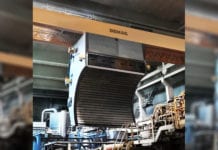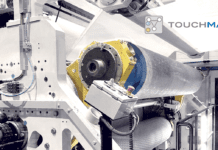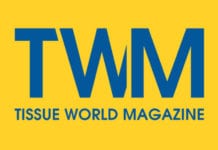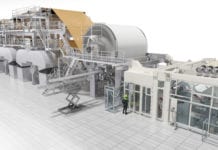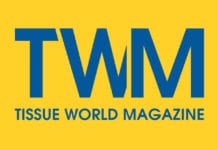Portucel Soporcel has diversified into tissue paper with the acquisition of tissue paper manufacturer AMS BR Star Paper (AMS).
After a period of heavy investments which ended in 2009 and culminating with the start-up of the new paper mill in Setúbal, the group has focused on consolidating its position as Europe’s leading manufacturer of uncoated woodfree paper whilst diversifying into tissue.
The company said: “Changing patterns of economic growth and consumption around the world mean that the time has come for a fresh reflection on strategy.
“Taking advantage of the strong position that Portucel achieved in the European uncoated woodfree paper market, the group has decided to look elsewhere for growth and to develop a plan for a new development phase, whilst recognising that protecting its financial soundness and its ability to provide a good return for shareholders is crucial.”
Portucel is set to move into tissue by combining organic growth with the acquisition of existing capacity.
Organic growth will be achieved through a business model based on direct incorporation of pulp into tissue production and location of the converting lines close to the destination markets, allowing Portucel to achieve clear competitive advantages in industrial, logistical and commercial terms, and to position the group as one of Europe’s most competitive producers.
AMS BR Star Paper is based in the Iberian Peninsula, located in Vila Velha de Rodão, Portugal.
It produces 30,000tpy of tissue and has a converting capacity of 50,000 tonnes.
It has plans to double its production capacity for tissue papers by the third quarter of 2015.
The total investment in AMS, including expenditure needed for its current capacity expansion plans, will total around €80m.
AMS recorded turnover in 2014 of €51.3m.
The purchase agreement is subject to authorisation by the Competition Authority.
The Portucel Soporcel group is Portugal’s second leading exporter and accounts for approximately 1% of Portugal’s GDP, around 3% of the country’s total exports of goods, close to 8% of all containerised cargo and 7% of all containerised and conventional cargo exported through Portuguese ports.























